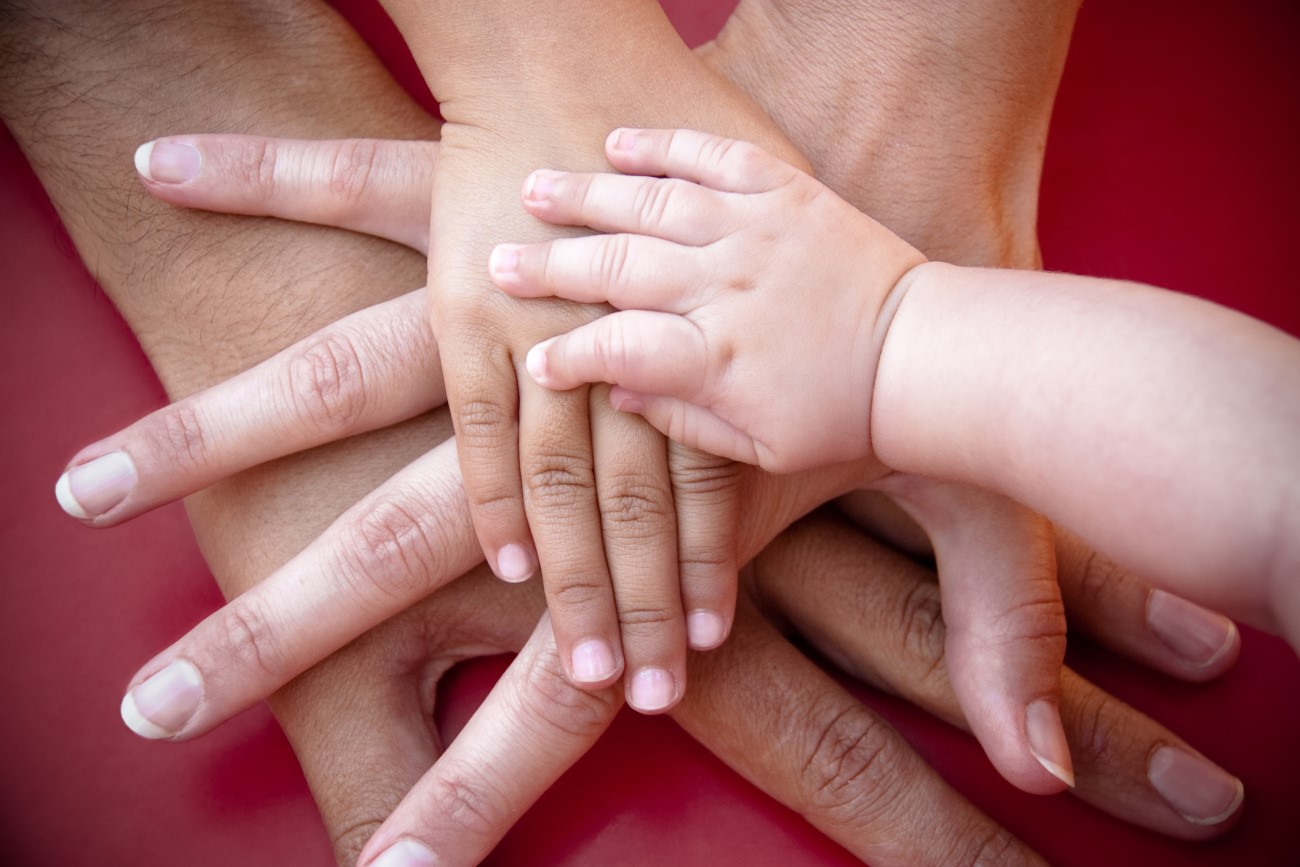Family violence and children: Common questions answered
Apr 8, 2019 3:53:24 PM
Domestic violence (DV) presents so many challenges because it often hides inside a seemingly blissful family portrait. Victims often feel conflicting emotions, since this violence comes from someone they love,
Since much of the violence happens behind closed doors, relatives and family often don’t know. Victims often feel a sense of shame, particularly if the abuse comes from someone they’ve chosen as a life partner.
If you wonder if you or a loved one might be a victim of domestic violence, the caring team at East Coast Law Family Law wants to answer your questions. Here are some of the most common questions:
1. What is domestic violence?
Domestic violence includes physical and sexual abuse, of course, but it can also include verbal and emotional abuse. The latter two instances may be more difficult to detect but are indeed violence due to the implied threats they pose due to the abuser’s position of power and control.
2. Who can experience domestic violence?
Domestic violence occurs across all demographic boundaries, although most of the victims are children and women. DV occurs against people of all ages, genders, races, religions, income levels, and locations.
3. If I haven’t been hit, does that mean it’s not domestic violence?
Violence isn’t always bruises and broken bones. If you or a loved one feels afraid of their partner or parent because of fear of being deprived of material or emotional needs, that’s abuse—that’s domestic violence.
4. How to recognise violence and abuse?
If you or someone you love is subject to any form of controlling behaviour, including threats, intimidation, harassment, withholding finances, humiliation, belittling, isolation, deprivation, physical assault, or sexual abuse, that’s DV. Those issues are danger signs that you or your loved one need to get help.
5. What causes DV?
The controlling behaviour abusers demonstrate might result from an underlying mental health issue in the abuser, a background of family violence in his or her own family, or another issue. It is never the fault of those who are abused.
6. Do children experience DV?
Yes—whether it’s violence against their own person or violence they see perpetrated against someone else, children do experience the trauma of domestic violence. That is one reason why Courts intervene in such cases, through the Child Care and Protection statutes.
7. What are the effects on children in DV relationships?
Up to 80 per cent of children in homes where DV occurs are aware. That awareness puts them at a higher risk of developing psychological, behavioural, social, and even academic problems.
8. Why do victims sometimes return or stay in a DV relationship?
Domestic violence victims often still feel love for their abuser, believing that they will change. They also might feel ashamed about asking for help, might be afraid of being isolated from their family, worry about their financial security, or many other reasons—including not knowing where they can find help.
9. Where can I seek support?
If you or your children are in immediate danger, call the Government hotline, 000. Support groups, such as 1800RESPECT, and caring family lawyers, can provide ongoing counselling, advice, and support services.
10. How can I show support to a family member or friend?
Be there for them with a listening, sympathetic ear. Reassure them that it’s not their fault—and help them get support by providing them with resources, such as free legal services for child custody and child protective services, to help them protect their children and leave the abusive situation.
With your support—and that of helpful community resource persons—you or your loved one can escape from domestic violence to lead a happy, fulfilled life. To learn more about how to exit an abusive situation, download our resource-filled e-book today.
Return to Blog


